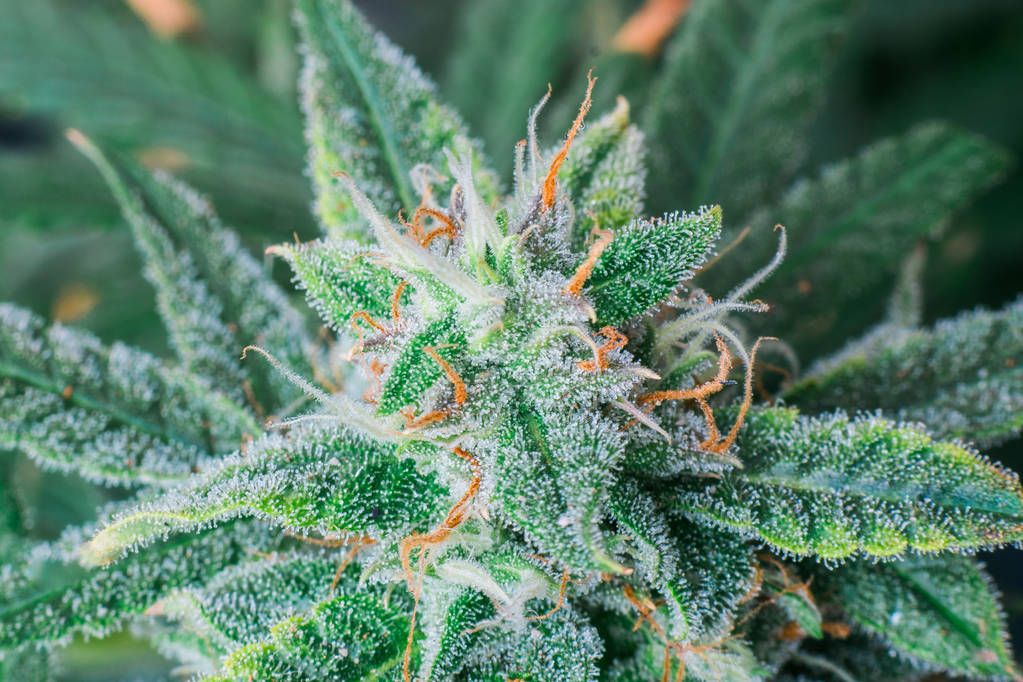A new study published in the journal Recent Advances in Drug Delivery and Formulation suggests that nanotechnology could be key to overcoming the challenges of effectively administering cannabis-based medicines.

Conducted by researchers from the University of Michigan and the University at Buffalo, the study explores how nanotechnology could improve the bioavailability, solubility, and targeted delivery of cannabis compounds, potentially enhancing their therapeutic effects.
“Medical cannabis has potential therapeutic benefits in managing pain, anxiety, depression, and neurological and movement disorders”, states the study’s abstract. “Phytocannabinoids derived from the cannabis plant are responsible for their pharmacological and therapeutic properties. However, the complexity of cannabis components, especially cannabinoids, poses a challenge to effective medicinal administration.”
Even with the increasing acceptance of cannabis-based medicines, researchers say that “achieving consistent bioavailability and targeted distribution remains difficult”, noting that “Conventional administration methods are plagued by solubility and absorption problems requiring innovative solutions.”

After conducting “a thorough review of research papers and patents”, researchers say ‘it has become evident that nanotechnology holds great promise as a solution.”
The study include a review that examined 36 research papers and 19 patents, uncovering innovative solutions through nanotechnology.
“These patents outline effective techniques for encapsulating cannabis using nanocarriers, effectively addressing solubility and controlled release”, states the study. “Studies on the delivery of cannabis using nanocarriers focus on improving bioavailability, prolonging release, and targeting specific areas.”
The study concludes by stating that “This synthesis highlights the potential of nanotechnology to enhance cannabis therapies and pave the way for innovative interventions and precision medicine.”
For more information on this study, click here.







